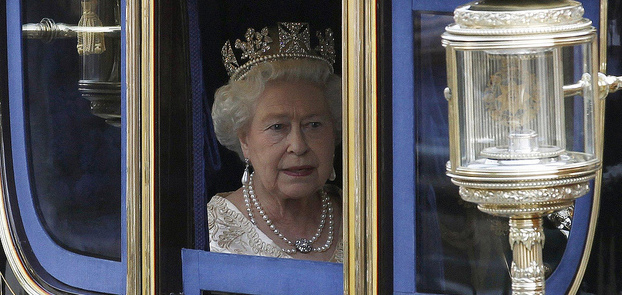
The Queen’s speech came and went without mention of a bill for local government finance and apparently saw the end of business rates devolution. Guy Ware asks whether government has other options for experimenting with local authority funding.
Okay, so the Queen’s Speech—which managed to deal with the pressing issue of fraudulent whiplash injury claims—couldn’t find space for a Local Government Finance Bill. And funding for adult social care—torpedoed as a “death tax” when it was Labour’s idea—became toxic once labelled a “dementia tax” (even though neither were actually taxes), thus calling into question our political system’s ability even to debate new funding mechanisms for much-needed public services.
Meanwhile, rumours of the death of austerity may prove—like that of Mark Twain—to be much exaggerated. Philip Hammond’s surprise resurrection as chancellor followed no epiphanic conversion to the doctrine of tax and spend. The hint that he might not seek to implement the £3bn of unidentified savings left over from the last Spending Review does nothing to unpick the cuts actually agreed between now and 2020, let alone fill the £2bn black hole caused by the u-turns on his last budget, or the £1bn (and counting) re-directed to Northern Ireland.
But look on the bright side (bear with me here).
To begin with, the death of business rates retention may be just as exaggerated as that of austerity. It is obviously disappointing that the Queen’s Speech did not mention reform of local government finance, and it might be really helpful if Sajid Javid could give next week’s LGA conference some clarity over his government’s intentions. But the Conservative manifesto promised to “give local government greater control over the money they raise”, and ministers have signalled continued commitment to this objective. One way to achieve that might be to return to the business rate debate we were all having two months ago. Keep calm, and carry on—to quote a phrase.
Instruments
How much progress could be made without a bill? A fair amount, if the will were there: the last government swapped a billion pounds of Transport for London capital grants for business rates and introduced 100% retention in a handful of pilot areas via statutory instrument. This government could significantly reduce the central share of rates by the same mechanism, if it wants to.
But will it? And would we want it to?
Any alternative that genuinely promotes greater control over the money councils raise could quite quickly get us into discussions we should welcome: how to address the many faults of business rates as a tax, let alone its distribution; how it inter-relates with other property and local taxes; the need for councils to have access to a broader basket of taxes to prevent over-reliance on any one of them; the buoyancy of future tax yields in comparison to demand pressures; and whether realistic “control” means local politicians being responsible and accountable for the level of resources they raise to meet local priorities.
Clearly such fundamental reforms—to both the nature of local taxes and the degree of control councils have—would require legislation that is not now possible for at least two years. But addressing all of the other moving parts of this system—the needs review, resolving the future of social care funding; modernising council tax; the reform of business rates itself (also promised in the manifesto); even a new spending review to take us past 2020 – will take at least that long.
And if the outcome of this enforced pause is the opportunity to develop bolder, more coherent proposals for change that address the future role and funding of local services in the round, then that would be good news indeed.
Meanwhile, in a world where Northern Ireland gets to play with new city deals and devolved corporation tax, surely there’s room for some fiscal experiments in the rest of this United Kingdom?
Reasons to be cheerful? “A bit of grin and bear it, a bit of come and share it/You’re welcome, we can spare it,” as Ian Dury memorably said.
Guy Ware is director of finance, performance and procurement at London Councils.













